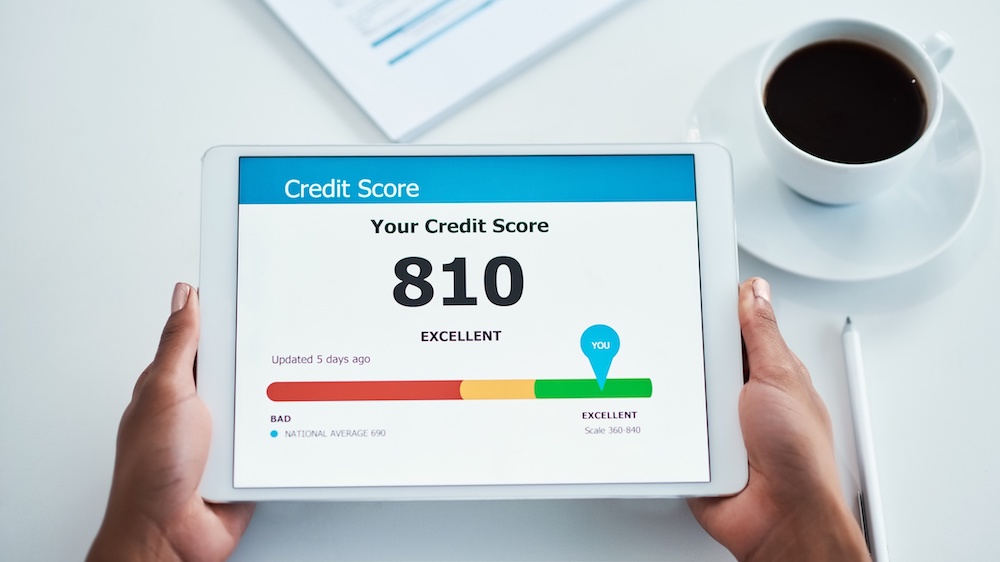If you’re interested in sharing your opinion on any cultural, political or personal topic, create an account here and check out our how-to post to learn more.
____
During these unprecedented times, we have enough on our plates trying to figure out what happens after COVID-19. Worry surrounding bill payments, lack of resources and depleted savings is becoming surreal to more than just the Black and brown people who have lived through the struggle way before the pandemic began. With the unemployment rate soaring past 20%, America has over 4.4 million people who are jobless, and many have still yet to receive unemployment funds.
With money possibly low and financial resources being limited to few, it's hard to think about necessary paying bills, let alone those that are non-essential in most people's minds. However, credit is one of those essential things we should care about and use wisely to our advantage. The last thing a person wants to do during these unforeseen times is fall down the rabbit hole of bad financial responsibility and messing up their credit — especially if you have the ability to be proactive.
It's easier said than done when it comes to taking control of our finances, but putting forth the effort to stay on track begins with you.
Here are a four tips to help keep you credit score on point during the coronavirus pandemic:
1. Pay The Minimum On Time
Paying the bare minimum may not seem like much, but in the grand scheme of keeping a healthy credit score it means a lot. By paying the minimum required by your creditors on or before the due date each month, it shows you're responsible and allows room to extend your line of credit. It also raises your credit score in no time. Doing so for about 90 days or more will reap great benefits for your credit line. If you have the ability to keep your credit card and loan payments under 30% of your available credit, you will see an even larger increase in no time.
2. Link Your Utility Bills To Your Credit Score
One thing’s for sure, while we’re stuck at home quarantining, those internet connections, cell phones and, of course, hot water and electricity are necessary. If you’re able to pay at least your utility bills on time, I suggest you use that to raise your credit score. Experian Boost allows you to get credit for on-time payments. That electricity, cell phone and cable bill have to be paid in times like these in order to, at the least, not go bored at home. Experian Boost allows you to add on-time payment history to your credit and gain an instant boost to your credit score.
3. Get In Contact With Your Lenders
During a crisis like COVID-19, lenders know it may be hard or even impossible to pay bills on time. They may offer hardship options that allow you to pay at a lower rate, put payments on pause for an allotted amount of time or simply give the option of deferment for loans. Instead of not paying your bills at all or skipping payments, if you take the proactive route of contacting the lender institutions and see what options are available to you, you could possibly save your credit score from experiencing a significant decrease.
4. Credit Monitoring Services
During hard times people find a way to make ends meet anyway possible. Unfortunately, that could involve identity theft, inaccurate charges and fraud. If you're one to stay on top of your spending, then you should implement the same practices when it comes to monitoring your credit. It may not be a comfortable thing to look at because of the feeling of guilt or shame a person may experience if their credit isn't in the place they want it to be. But it can save a lot of time and headaches knowing that your credit reports from all three bureaus are accurate and up to date.
You should be checking your score at least once a month to stay on top of the things being reported. Services like AnnualCreditReport.com offer you a free annual report from all three bureaus once a year. Apps like LifeLock, IdentityShield, CreditWise and SmartCredit all have services that not only help you stay up-to-date with your credit score, but can help you dispute inaccurate or fraudulent inquiries.
